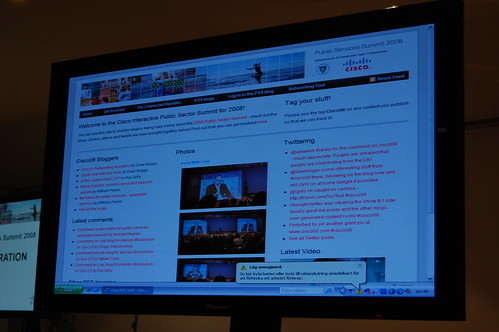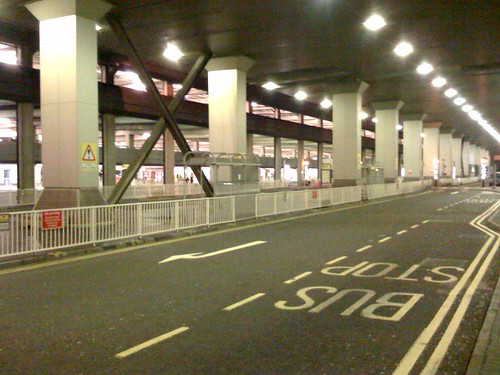Quite a few folk have been lucky enough to see Us Now, a film made by Banyak Films in association with the RSA. Ivo Gormley directs.
Here is how the film is described on its website:
Us Now is a documentary film project about the power of mass
collaboration, government and the Internet.
Us Now tells the stories of online networks that are challenging the
existing notion of hierarchy. For the first time, it brings together
the fore-most thinkers in the field of participative governance to
describe the future of government.
A great part of the project is that so much material has been made available online. You can see loads of stuff on the Clips page of the Us Now website. I’ve embedded the trailer below, for now.
Any readers of this blog will know that I am passionate about the ways in which advances in web technology can improve the way our democracy and government works. High profile projects like this – trying to draw the thinking together in ways that will get the attention of those not yet involved in the conversation – can only help improve things. Great work.
In a comment on Jeremy’s blog, Ivo mentions the possibility of using the film as the basis of a session at the forthcoming UK government barcamp, next month. What a fantastic idea – sign me up!




